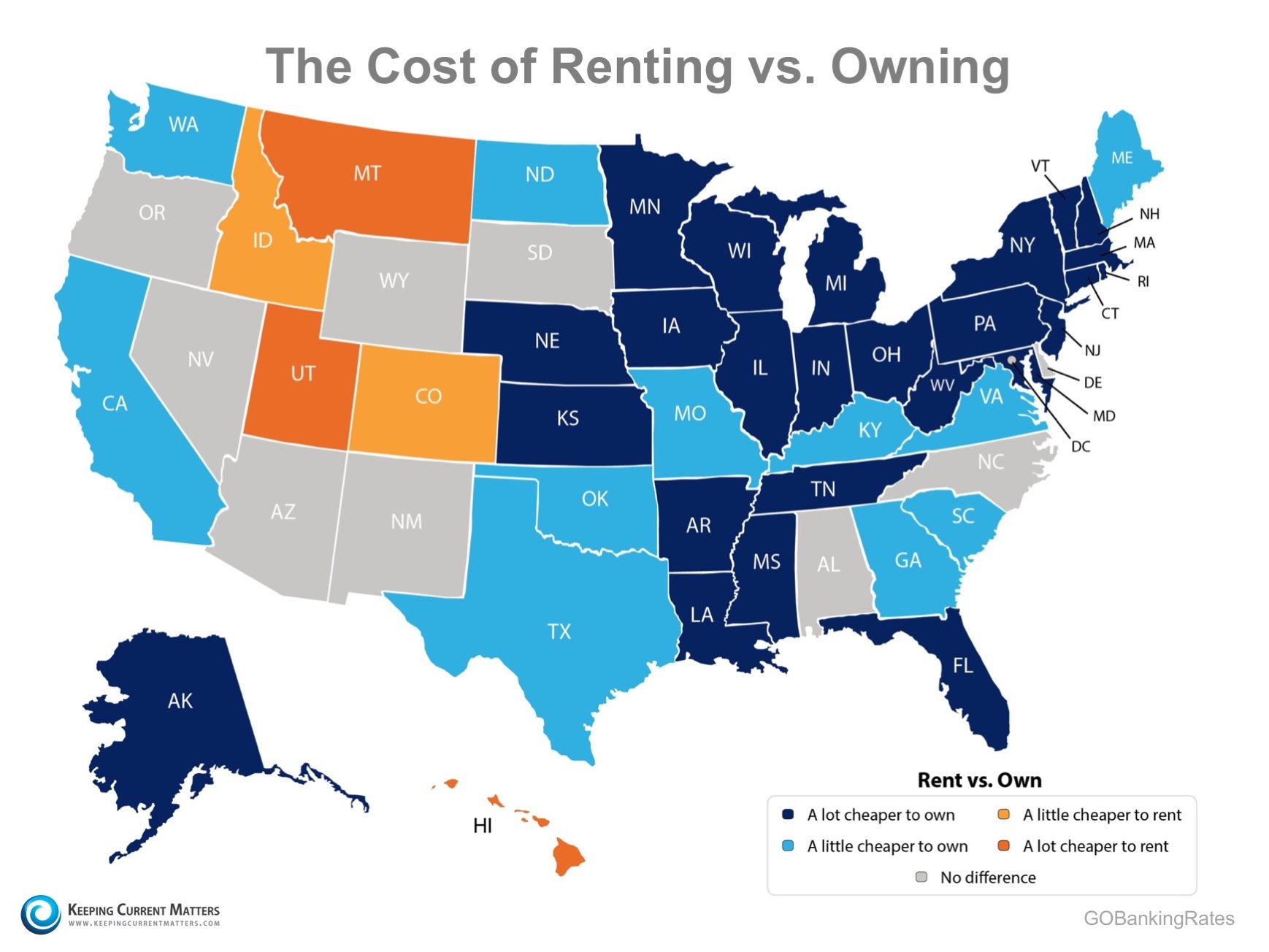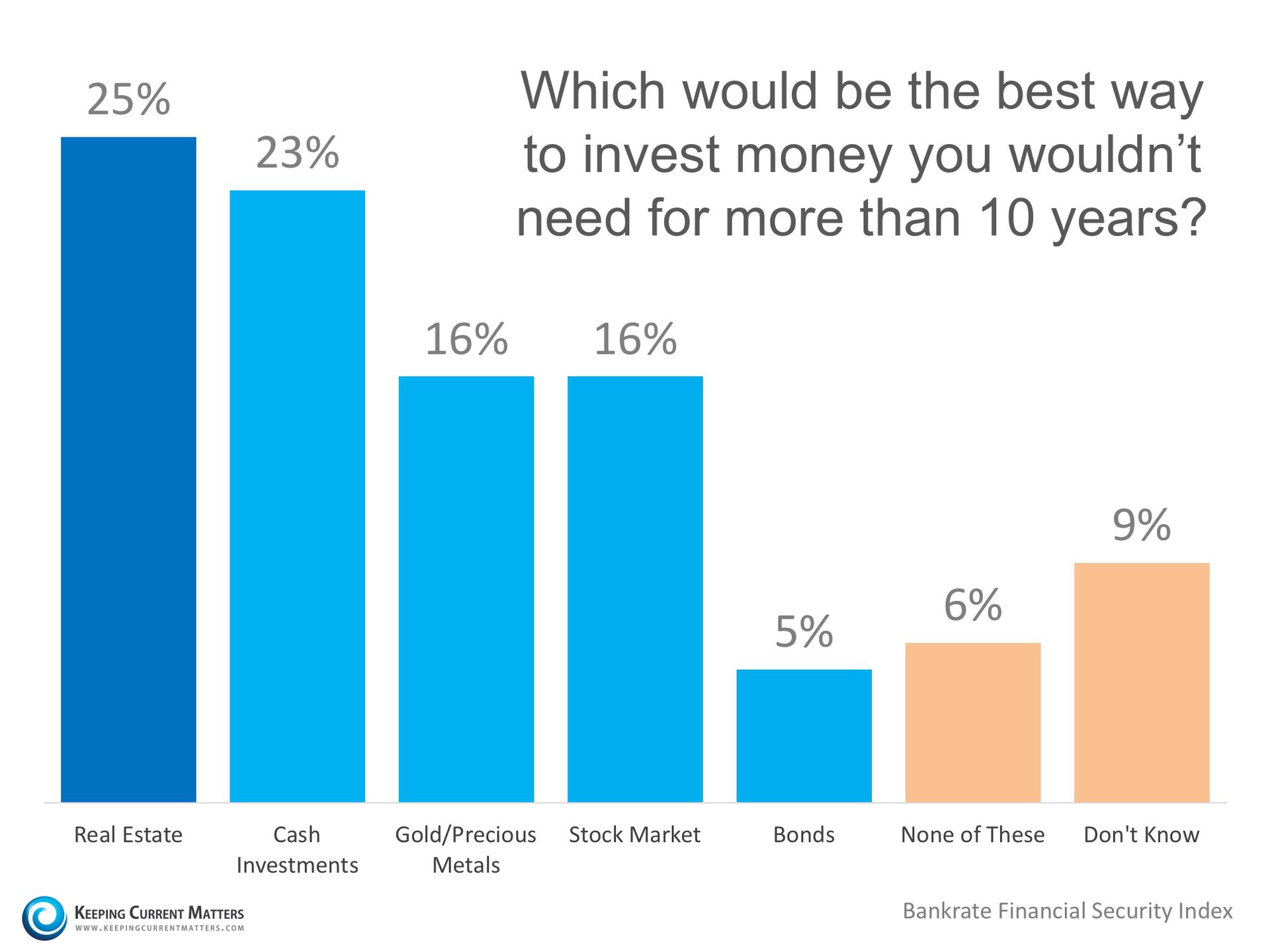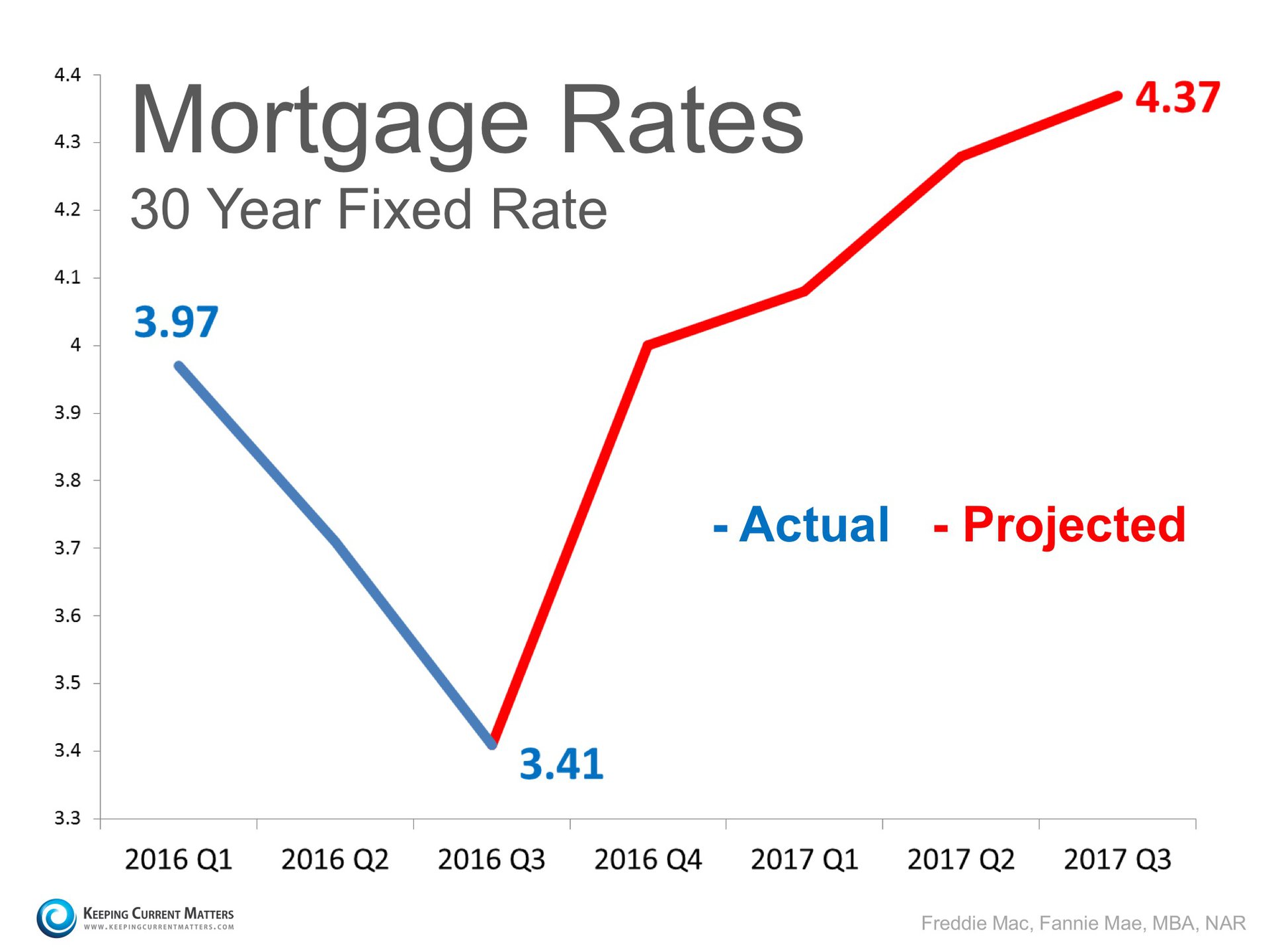Three things are certain in life: death, taxes ... and undue stress caused by moving. Whether or not you use the services of a Realtor to help you wade through the uncertain waters of the buy-and-sell process, moving is stressful, period. And there's not much you can do to avoid it. And we're not just talking about packing and paperwork. Moving is an emotional process. If your'e not calming down your nervous children, you're trying to reassure yourself that you'll meet people in your new neighborhood, that you bought the best house within your means, and that your kids' new schools will measure up.
It's easy to forget while we're dealing with all of these jitters that moving actually can represent an exciting adventure, a growth opportunity and the prospect of new beginnings. Once the dust settles after your move, you're entering one of the most memorable times of your life. With any luck, you've recruited a REALTOR® who's familiar with the obvious stresses as well as the insidious (and subsequently more detrimental) ones. Depending upon your relationship with your Realtor, you should be able to rely on him or her for more than just closing the deal. Your Realtor also should be able to calm your trepidations by giving you the support you need -- giving you the facts about that new school district, reassuring you that your jitters are perfectly normal, and giving you as much information about your new hometown as possible, increasing your familiarity with the previously unknown.
It's important to remember throughout the entire selling and buying process, however, to reserve time for yourself and your family. It's not a waste of time, but rather an insurance policy for your sanity and continued happiness. Stress is sneaky, as we've all discovered. It can eat away at us during what are supposed to be the happiest of times, because after all, any major change in life is stressful. If it's supressed, it can wreak havoc both emotionally and physically and spread throughout the family. And there's nothing worse than moving a grumpy family across the country. For the sake of your continued family unity, keep in mind the following stress-relieving measures:
First, remember that it's perfect normal to feel unsure of your decision right now. You've just made a major commitment, and all of us experience those last-second "What on earth did I just do" worries after signing contracts and making life-changing decisions. Instead of becoming overwhelmed with "what ifs" and dread, reframe this decision as a prime opportunity to begin your lives in a new environment. The old saying "When one door closes, another one opens" definitely applies here. Trust that your Realtor is looking out for your best interests, ask as many questions as you need to throughout the entire process (that's part of what your Realtor is paid for), and look forward to the adventure that lies ahead of you.
If you can, keep an emergency fund in case you run into any unexpected costs. One example: If your buyer comes forward after a home inspection is completed and requests a series of repairs prior to move-in, you'll be prepared. Chances are good that you won't necessarily agree with the buyer's requests, but at least you won't face the additional stress of being short the money for repairs if you plan ahead and save some extra cash (no set amount -- just as much as you can handle. A goal you might try to shoot for would be in the range of $2,500). It's probably in your best interests not to try to guess what the buyer will want to repair, and then fix it ahead of time. That's because buyers have a habit of isolating areas of your home that you never considered having repaired, and not even noticing the ones you expected them to pinpoint. So save yourself any expenses until you've determined their requests.
And while we're on the subject of finances, try to anticipate and prepare for the initial expenses you'll face upon move-in. Resign yourself to the fact that during the moving process, you're going to feel as if you're holding your wallet upside down, and everyone -- movers, contractors, buyer, etc. -- is sitting underneath, catching the windfall and demanding a larger share. Keep in mind that this is an investment for the good of your family, and that these costs are a one-time inevitability.
Remind yourself of why you're moving in the first place. A job transfer, or is it a voluntary choice? Obviously, whether or not you had some degree of control over the decision will affect your outlook. Regardless of your answer to that question, round up as much information as you can about your new hometown. What kinds of cultural offerings does the town/city offer? What are its landmarks and natural attractions? Research some possible day trips you might take with the family once you're settled. Is your new hometown near state borders, giving you the opportunity to explore different regions of the country without much effort?
Envision your new home. Where will you place the furniture? Remind yourself of the home's primary selling points. Will you have more space? More closets? A large backyard and/or swimming pool? What does your new streetlook like? Do a lot of young families reside there? If so, your children are likely to be reassured by that knowledge. As often as possible, try to picture yourself and your family fully adapted to your new environment.
Remember to have a little fun occasionally. You're still allowed, even if you feel as if you don't have a penny left to your name. Take the family out to dinner, to a movie or a picnic -- anything that gets all of you out of the house and away from boxes, paperwork, emotions and all of those pre-move concerns. Keep a regular "date" to get out together -- for example, every Friday night leading up to the move. Take your mind off your stress for a few hours, and remind yourself that your family members are experiencing many of the same emotions. Like misery, stress often loves company, so enjoy your time together and remember that this stress won't last forever. Regardless of what you're feeling now, the move will happen and everything will eventually fall into place. Journeying into the unknown is what makes life rewarding, so trust in your Realtor's expertise and in your family's resilience, and look forward to the journey ahead.
Source: Realty Times 08042016








